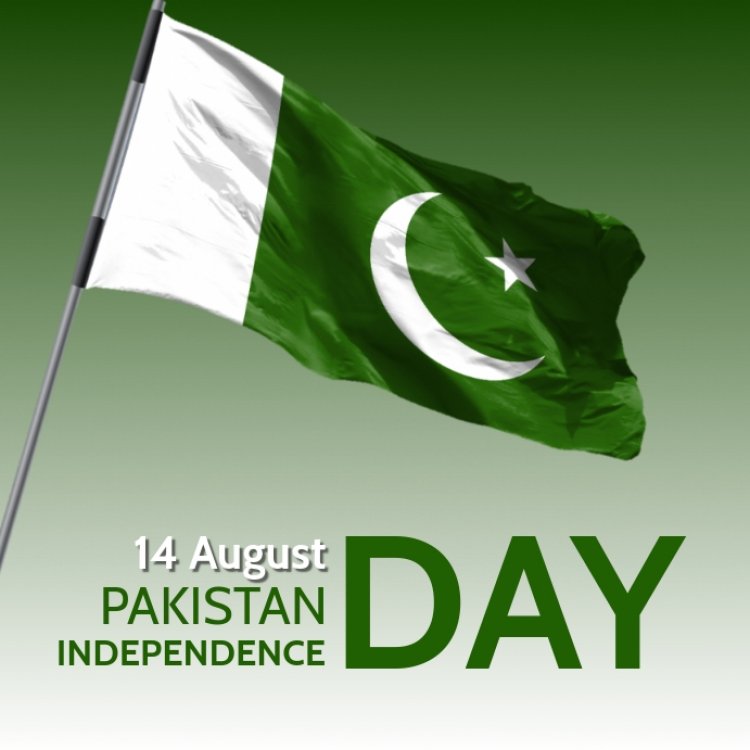The History of Pakistan
1. Introduction
The history of Pakistan is a rich tapestry that spans thousands of years, encompassing ancient civilizations, Islamic empires, colonial rule, and the modern state. Officially established in 1947, Pakistan’s story begins much earlier with the Indus Valley Civilization and evolves through centuries of cultural, political, and social transformations.
2. The Indus Valley Civilization (2600–1900 BCE)
- One of the world’s earliest urban civilizations.
- Major cities: Mohenjo-Daro and Harappa.
- Advanced urban planning, drainage systems, and trade networks.
- Declined due to environmental changes and migrations.
3. Vedic Period and the Arrival of Aryans (1500–500 BCE)
- Aryan tribes migrated into the region, introducing Vedic culture and Sanskrit.
- Formation of early states and the rise of Hinduism.
4. Persian and Greek Influence (6th–4th Century BCE)
- Conquered by the Persian Achaemenid Empire.
- Invaded by Alexander the Great in 326 BCE, leaving a lasting cultural imprint.
5. Mauryan and Gupta Empires (321 BCE–550 CE)
- Flourishing of Buddhism under the Mauryan Emperor Ashoka.
- The Gupta period witnessed advancements in science, arts, and mathematics.
6. Arrival of Islam (7th–11th Century CE)
- First Muslim traders reached Sindh in the 7th century.
- Conquest of Sindh by Muhammad bin Qasim in 711 CE marked the beginning of Islamic rule.
7. Sultanate and Mughal Eras (12th–18th Century CE)
- Establishment of the Delhi Sultanate, bringing Persian culture and architecture.
- The Mughal Empire (1526–1857) became a golden age, known for monumental structures like Taj Mahal (in India) and cultural integration.
8. British Colonial Rule (1858–1947)
- British East India Company took control after the decline of the Mughals.
- Direct British rule began after the 1857 Revolt.
- Introduction of Western education, railways, and modern governance systems.
- Rising discontent led to movements for independence.
9. The Two-Nation Theory and Independence Movement
- Led by leaders like Allama Iqbal and Muhammad Ali Jinnah.
- Advocated for a separate Muslim homeland due to religious, cultural, and political differences.
- Partition of India on August 14, 1947, created Pakistan.
10. Early Challenges (1947–1958)
- Partition led to widespread violence and mass migrations.
- Pakistan faced economic and political instability.
- Adoption of the Objectives Resolution in 1949, laying the foundation for an Islamic state.
11. Military and Political Turmoil (1958–1971)
- Frequent military coups, beginning with General Ayub Khan in 1958.
- Economic growth but rising inequalities and tensions with East Pakistan.
12. The Creation of Bangladesh (1971)
- Discontent in East Pakistan due to political and economic disparities.
- War in 1971 led to the independence of Bangladesh.
13. Zulfikar Ali Bhutto Era (1971–1977)
- Socialist reforms and nationalization policies.
- Controversial rule, ending with a military coup by General Zia-ul-Haq.
14. Islamization and Zia-ul-Haq’s Regime (1977–1988)
- Introduction of Islamic laws and practices.
- Support for Afghan Mujahideen during the Soviet-Afghan War.
15. Democratic Era and Instability (1988–1999)
- Alternating governments of Benazir Bhutto and Nawaz Sharif.
- Economic challenges and political instability.
16. General Pervez Musharraf’s Rule (1999–2008)
- Military coup brought Musharraf to power.
- Economic reforms and alignment with the U.S. during the War on Terror.
17. Return to Democracy (2008–2018)
- Governments led by the Pakistan People’s Party and Pakistan Muslim League-Nawaz.
- Challenges: terrorism, economic crises, and natural disasters.
18. Imran Khan and PTI Government (2018–2022)
- Rise of Imran Khan as Prime Minister.
- Focus on anti-corruption and economic reforms.
- Political polarization and economic issues persisted.
19. Contemporary Pakistan (2022–Present)
- Facing global challenges like climate change and economic instability.
- Struggles to maintain political stability and address developmental goals.
20. Conclusion
The history of Pakistan is a testament to resilience and transformation. From ancient civilizations to a modern Islamic republic, Pakistan continues to evolve while grappling with internal and external challenges.
Please follow and like us:









